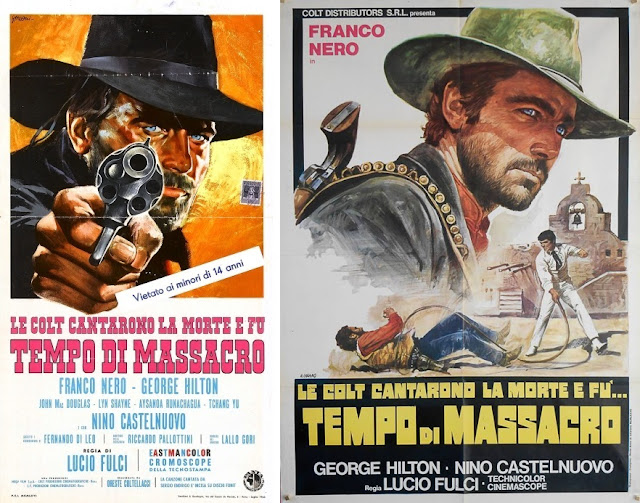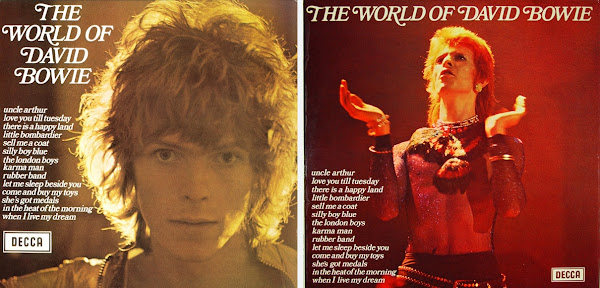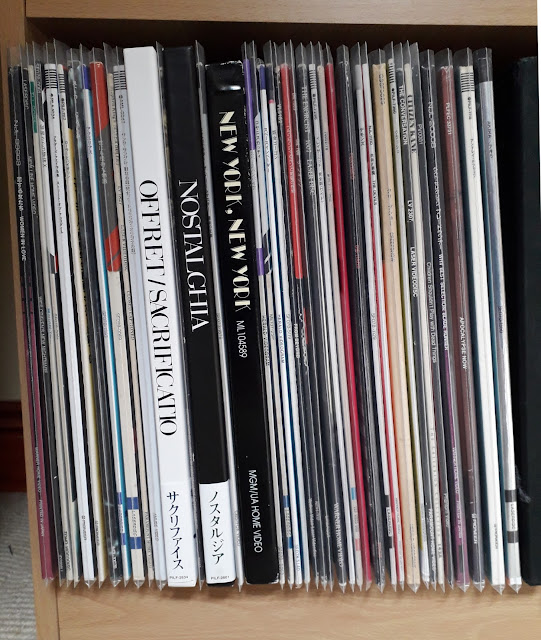Arrow Video are set to release a new boxset of Italian Westerns in July, entitled Vengeance Trails: Four Classic Westerns, and among the quartet is Lucio Fulci's 1966 film Le Colt Cantarono la Morte e fu... Tempo di Massacro, or Massacre Time as it's most widely known as these days. I'm reminded that Fulci's film is mentioned quite unexpectedly in Mark Bowden's 2017 book Huế 1968: A Turning Point of the American War in Vietnam, a gripping account of the battle waged by Vietnamese and American soldiers for the city of Huế (pronounced "Hway"). At one point in Bowden's street-by-street, building-by-building reconstruction he writes:
Leaving some of his lead platoon to hold the north end of the bridge, Meadows sent Lieutenant Mike McNeil with the remainder into buildings across the street. It was a commercial district. There was a movie theater advertising the Italian Western Tempo di Massacre (Massacre Time) - a title that struck Meadows as both macabre and apt...
It's pleasing to see Fulci's film momentarily stumbling into the narrative but I wonder was Bowden using a bit of journalistic license to add some color to the story ? Certainly, it's plausible that Fulci's film was playing a theatre in Huế in the early months of 1968. The chronology is at least correct: according to Stephen Thrower's authoritive book Beyond Terror: The Films of Lucio Fulci, the film had its first public screening in Italy in August 1966 and if the dates on the imdb entry are to be believed, the film was in distribution in various Asian countries the following year, such was the popularity of Westerns in Asian markets. And yet, the notion that an American soldier under heavy fire would take note of a title on a film poster (a title in Italian no less!) strains belief. Huế in the 60's was a cultural and intellectual center in Vietnam but I haven't found any evidence to suggest Italian Westerns actually played in Huế or other metropolitan Vietnamese cites - so much scholarship from that era is preoccupied with the American War and the cultural shift that took place after the country was reunified. But no matter, Mark Bowden's book is a masterpiece of military history and if you enjoyed the fiery cauldron of his 1999 book Black Hawk Down, and indeed Stanley Kubrick's film Full Metal Jacket, Huế 1968 will be a vivid and compelling read.















